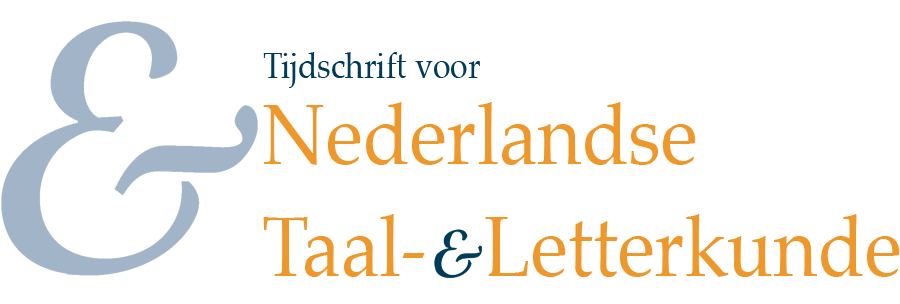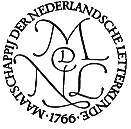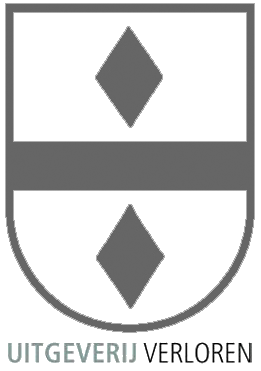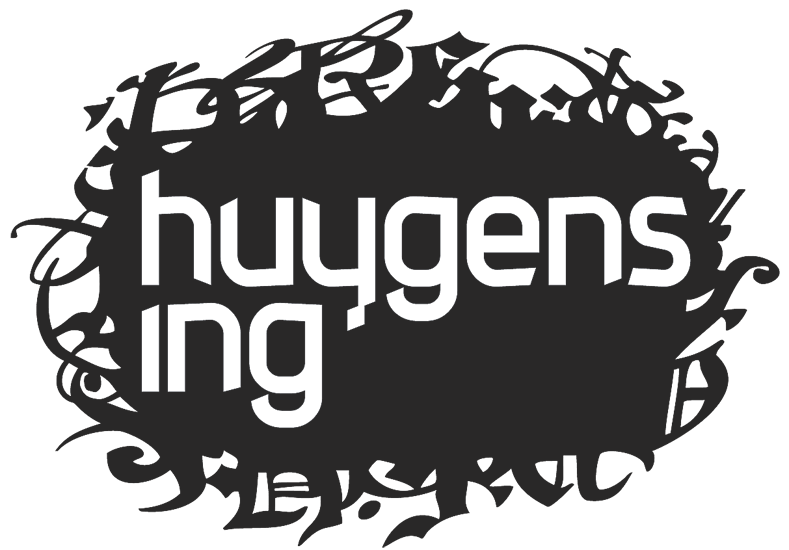Het heerst als een wrede dictator. Over geluk en angst in Ivo Victoria’s Gelukkig zijn we machteloos
Samenvatting
Happiness has become a container concept for positive emotions and Subjective Well-Being. In the so called ‘Happiness Turn in science’ since 2005, it is generally thought of as a condition for human progress, measurable by social-economic indicators and individual reports on feelings, manageable as well as achievable for every individual, a conceptualisation that has been highly criticized within cultural studies and ethical philosophy. In literary criticism, happiness seems to be a neglected topic, although the (historical) analysis of happiness discourses and their dynamic interplay with works of fiction could provide a valuable contribution to the international research on happiness. This article contains a reading of Ivo Victoria’s Gelukkig zijn we machteloos (2011). Focusing on the intertwining of happiness and different forms of fear – of fate, of the Other – the novel challenges the dominant discourse of ‘the duty of happiness’, i.e. to happiness as a positive, universal human condition that anyone could, and should try to, obtain.
Terugverwijzingen
- Er zijn momenteel geen terugverwijzingen.



